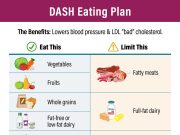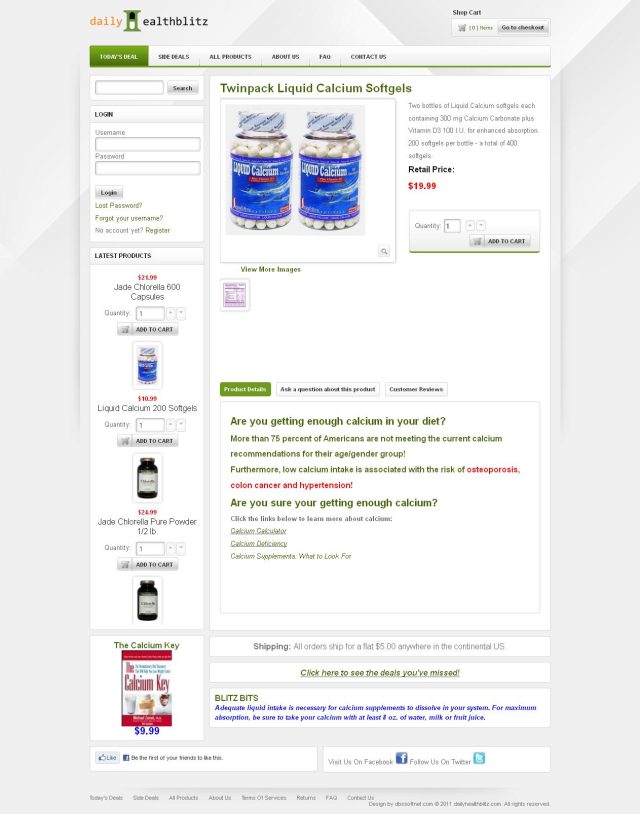Maintaining robust bone health is a cornerstone of overall well-being, and calcium plays a pivotal role in this equation. With a plethora of information available, deciding between calcium supplements and natural food sources can be both overwhelming and confusing. Perhaps you’re concerned about osteoporosis risks, or maybe you’re simply aiming to enhance your dietary habits for optimum bone strength. Whatever your reasons, it’s crucial to make informed choices that align with your health needs and lifestyle. In this discussion, we will delve into the benefits and drawbacks of calcium supplements versus food sources, providing a clear, empathetic guide to help you determine the best path forward for nurturing your bone health.
Understanding Calciums Role in Bone Health Navigating the Benefits and Drawbacks of Supplements Embracing Food Sources for Natural Calcium Intake Expert Recommendations for Optimal Bone Health
Calcium plays a crucial role in maintaining bone strength and density, making its adequate intake essential for optimal bone health. While calcium supplements often seem like a quick fix, absorbing this vital mineral straight from food sources is generally more effective and beneficial.
The benefits of natural calcium from food sources include:
- Higher bioavailability – the body absorbs and utilizes calcium from food more efficiently.
- Accompaniment of other nutrients – foods like dairy, leafy greens, and fish come packed with magnesium and vitamin D.
- Lower risk of adverse effects such as kidney stones, which may be associated with over-supplementation.
Calcium supplements could still serve a purpose, especially for individuals with dietary restrictions or conditions that inhibit calcium absorption. Nevertheless, it’s critical to approach supplements with caution:
Potential drawbacks include:
- Risk of over-supplementation, which can lead to health issues like hypercalcemia.
- Possible interference with the absorption of other essential nutrients such as iron.
Expert recommendations for ensuring adequate calcium intake emphasize a balanced approach. Combining a diet rich in calcium-rich foods along with responsible use of supplements, if necessary, creates a comprehensive strategy for maintaining robust bone health.
| Source Type | Pros | Cons |
|---|---|---|
| Food | Natural absorption, nutrient-rich | Requires dietary planning |
| Supplements | Convenient, precise dosage | Potential overuse, side effects |
Keep in mind that every person’s needs are different, and seeking advice from healthcare providers can help tailor a plan that aligns with individual dietary needs and health goals.
Future Outlook
the journey to optimal bone health is unique to each individual, and understanding the differences between calcium supplements and food sources is a vital step in making informed choices. While calcium supplements can indeed play a beneficial role for those with specific deficiencies or dietary restrictions, whole food sources of calcium offer a multitude of additional nutrients that our bodies naturally require. It is important to remember that balance is key; neither option is inherently superior, but rather part of a larger, holistic approach to maintaining strong and healthy bones. By consulting healthcare professionals and evaluating personal dietary habits, you can tailor a calcium intake strategy that suits your needs. Remember, this is not a one-size-fits-all situation, and taking the time to explore and understand your options reflects a proactive step towards enhancing your overall well-being. Bone health is a lifelong journey, and with the right knowledge and mindset, you can support it effectively.








































